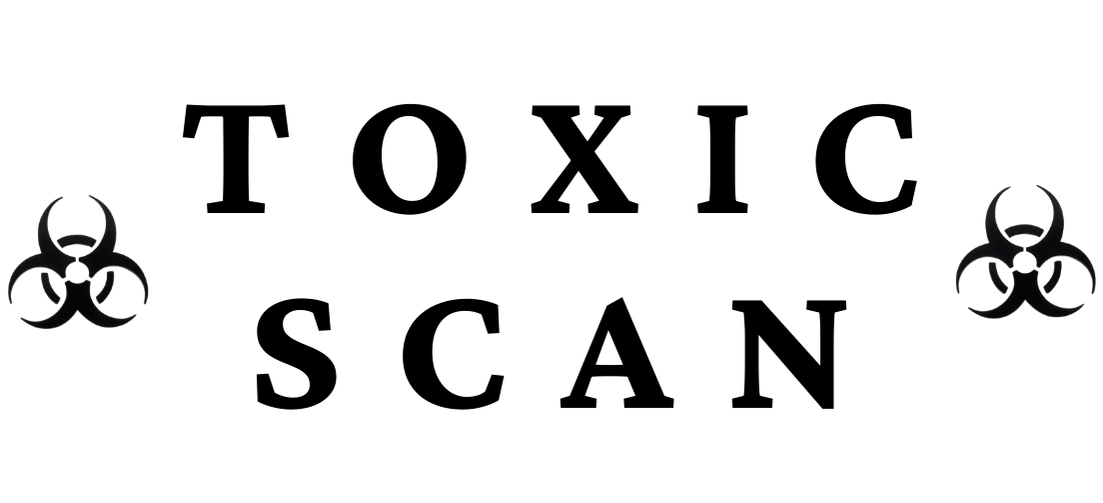E903: Carnauba Wax
E903: Carnauba Wax
What is E903 (Carnauba Wax)?
Carnauba wax (E903), often called the "queen of waxes," is a natural plant-based wax derived from the leaves of the Brazilian palm tree Copernicia prunifera (or Copernicia cerifera). This hard, lustrous wax has excellent glossing properties, making it an ideal coating for various food and non-food applications. It has the highest melting point of natural waxes (82-86°C/180-187°F), providing durability and heat resistance.
Source and Production
Carnauba wax comes exclusively from a sustainable natural source:
- Natural origin: Harvested from the leaves of the carnauba palm, native to northeastern Brazil 2. Production process:
- Young leaves are cut and dried in the sun
- The wax naturally forms on leaf surfaces as a protective coating
- Leaves are beaten to release the wax powder
- Crude wax is collected, melted, filtered, and refined
- Processing may include bleaching for different grades 3. Sustainability: Harvesting doesn't harm the trees, supporting sustainable agriculture
The production is largely artisanal and provides livelihoods for many Brazilian communities, particularly in the states of Ceará, Piauí, and Rio Grande do Norte.
Common Uses in Food
E903 is used in a variety of food products, including:
- Confectionery and candy coatings
- Chocolate products
- Fresh fruit coatings (apples, citrus fruits)
- Chewing gum
- Dried fruits and nuts
- Pill and tablet coatings (pharmaceutical)
- Coffee beans
- Baked goods with decorative glazes
- Cheese coatings
- Dietary supplements
Functional Properties in Food
Carnauba wax offers several valuable properties in food applications:
- Glazing agent: Provides exceptional gloss and shine
- Moisture barrier: Helps prevent dehydration or moisture absorption
- Oxygen barrier: Protects against oxidation, extending shelf life
- Surface protection: Reduces physical damage during handling
- Anti-sticking agent: Prevents sticky foods from adhering together
- Hardening agent: Increases hardness of certain coatings
- Heat resistance: Maintains integrity at higher temperatures than other waxes
Health and Safety
Safety Assessment
Carnauba wax has been extensively evaluated and is generally recognized as safe (GRAS). It has been approved by:
- The European Food Safety Authority (EFSA)
- The U.S. Food and Drug Administration (FDA)
- The Joint FAO/WHO Expert Committee on Food Additives (JECFA)
The Acceptable Daily Intake (ADI) has been established as "not specified," indicating no safety concerns at current usage levels.
Safety Profile
Carnauba wax has an excellent safety record:
- Digestibility: Not digestible and passes through the digestive tract unchanged
- Allergenicity: Allergic reactions are extremely rare
- Toxicity: Very low toxicity even at high consumption levels
- Plant origin: Free from animal products or by-products
- Non-absorbability: Too large to be absorbed through the intestinal wall
Regulatory Status
E903 (Carnauba Wax) is approved for use in most countries worldwide:
- European Union: Approved as E903 with specific maximum levels
- United States: FDA approved as GRAS
- Australia/New Zealand: Approved as food additive 903
- Canada: Permitted as a food additive
- Japan: Approved for specific food applications
Natural Status and Clean Label Considerations
Carnauba wax is highly regarded in clean label formulations:
- 100% natural: Derived directly from plants without chemical modification
- Vegan-friendly: Entirely plant-based, suitable for vegan diets
- Organic compliance: Available in organic-certified versions
- Non-GMO: Naturally sourced from wild-growing or traditionally cultivated palms
- Sustainable: Harvesting supports biodiversity and traditional farming communities
These attributes make carnauba wax one of the preferred glazing agents for natural and organic food products.
Beyond Food: Other Applications
Carnauba wax has numerous non-food applications:
- Automotive and furniture polishes
- Cosmetics (lipsticks, mascara)
- Dental floss coating
- Floor and shoe polishes
- Paper coatings
- Surfboard wax
- Musical instrument polish
- 3D printing
Consumer Information
Consumers may find carnauba wax on labels under various names:
- E903
- Carnauba wax
- Brazil wax
- Palm wax
- Plant wax coating
- Natural glaze
Alternatives to E903
For those looking to avoid carnauba wax, alternative coating agents include:
- Beeswax (E901) - animal origin
- Candelilla wax (E902) - plant-based
- Shellac (E904) - insect-derived
- Rice bran wax - plant-based
- Sunflower wax - plant-based
- Zein (corn protein)
- Various plant-based gums and resins
Conclusion
E903 (Carnauba Wax) is a natural food additive with an excellent safety profile, as reflected by its low toxicity rating of 1. Its plant origin, non-digestibility, and long history of safe use make it one of the most trusted coating agents in the food industry. The unique properties of carnauba wax, including its high melting point and exceptional gloss, make it difficult to replace with alternatives in many applications. For consumers seeking natural, plant-based food additives, carnauba wax represents one of the safest options available.
